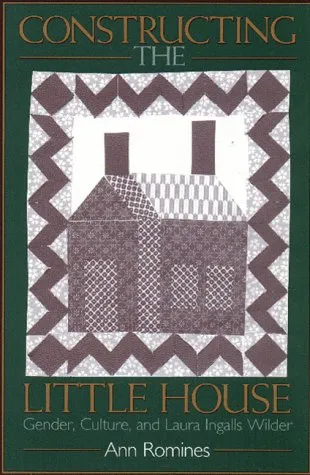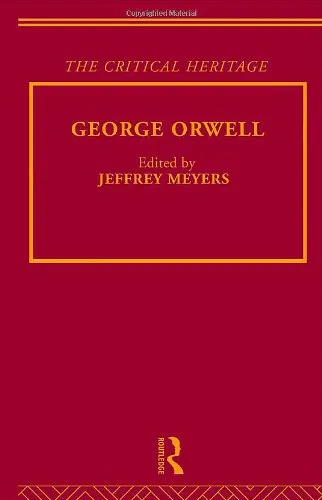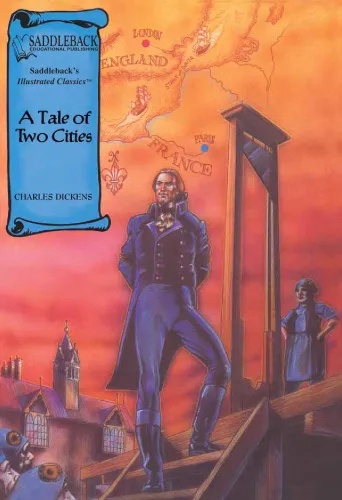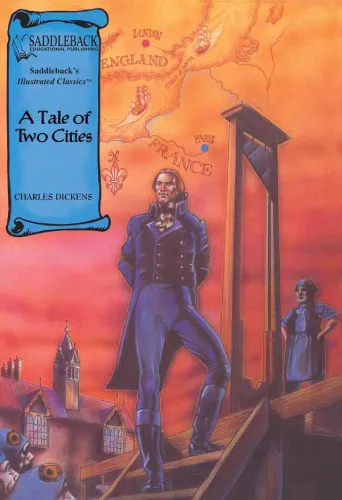Science Fiction Studies
4.7
Reviews from our users

You Can Ask your questions from this book's AI after Login
Each download or ask from book AI costs 2 points. To earn more free points, please visit the Points Guide Page and complete some valuable actions.Related Refrences:
Analytical Summary
Science Fiction Studiespp.202—220 occupies a distinctive space in contemporary discourse, offering deep scholarly engagement with the mechanics and meaning of science fiction. As an inquiry authored by Cornelius Partsch, it delves into the thematic, structural, and historical dimensions of speculative narratives, providing serious readers and academic professionals an indispensable resource that marries rigorous analysis with accessible reflection.
The work examines how science fiction functions not only as entertainment but also as a mirror and critic of societal, technological, and philosophical trends. Each page contributes to building a nuanced understanding of the genre’s evolution, from its pulp origins to its current status as a vehicle for profound thought experiments. Although specific publication year information is unavailable due to no reliable public source, the text’s intellectual currency remains timeless.
In this examination, Cornelius Partsch considers critical case studies, genre-defining authors, and key movements within science fiction. His method blends close reading with contextual analysis, illuminating connections between narrative devices and the socio-political fabric of their time. This approach situates Science Fiction Studiespp.202—220 as both a reference point and a source of inspiration for further scholarly investigations into speculative storytelling.
Key Takeaways
From the structural cadence to thematic depth, Science Fiction Studiespp.202—220 provides a framework for understanding speculative narratives’ broader cultural role.
Readers will grasp how science fiction bridges imagination and critique, offering a platform for confronting contemporary challenges within imagined contexts. The book underscores the genre’s capacity to address ethical dilemmas, technological advancements, and future possibilities in ways that conventional literature often cannot.
Key insights include: the enduring symmetry between speculative narratives and societal anxieties; the transformative effect of genre hybridity; and the importance of critical vocabulary in interpreting science fiction’s layered meanings. By engaging with these insights, scholars can sharpen their analytical lens while casual readers can deepen their appreciation of the genre.
Memorable Quotes
“Science fiction gives us the mirror in which we see tomorrow’s face.”Unknown
“In interrogating imagined worlds, we come to understand our own more clearly.”Unknown
Why This Book Matters
Science Fiction Studiespp.202—220 stands out as a scholarly cornerstone, suitable for academic syllabi, literary seminars, and personal study.
By situating speculative narratives within historical, philosophical, and cultural contexts, it empowers readers to perceive science fiction as more than a genre—it becomes a lens on human progress, anxieties, and aspirations. For professionals in literature, cultural studies, or futurism, it offers a rich tapestry of ideas and case studies that can inform research, teaching, and even creative writing.
Its enduring relevance lies in the universality of speculative questions and the necessity to model possible futures. This makes Science Fiction Studiespp.202—220 a valuable springboard for dialogue across disciplines.
Inspiring Conclusion
Science Fiction Studiespp.202—220 invites you to step beyond passive reading and enter an active engagement with the themes, questions, and analytical tools presented.
Whether you are a seasoned researcher or a thoughtful reader, this book provides fertile ground for discussion, reflection, and scholarly experimentation. The secondary keywords—literary analysis and speculative narratives—resonate throughout, encouraging exploration within and beyond the covers.
Your next step is clear: immerse yourself in the text, share insights with colleagues or study groups, and contribute to the ongoing conversation about science fiction’s role in shaping intellectual landscapes. By doing so, you not only honor the depth of Science Fiction Studiespp.202—220 but also help advance the critical appreciation of a genre that continually redefines the boundaries of human thought.
Free Direct Download
You Can Download this book after Login
Accessing books through legal platforms and public libraries not only supports the rights of authors and publishers but also contributes to the sustainability of reading culture. Before downloading, please take a moment to consider these options.
Find this book on other platforms:
WorldCat helps you find books in libraries worldwide.
See ratings, reviews, and discussions on Goodreads.
Find and buy rare or used books on AbeBooks.
1235
بازدید4.7
امتیاز0
نظر98%
رضایتReviews:
4.7
Based on 0 users review
Questions & Answers
Ask questions about this book or help others by answering
No questions yet. Be the first to ask!







